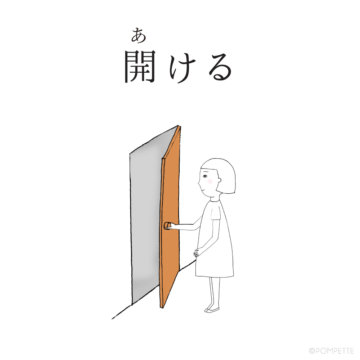What Is ゴールデンウィーク “Golden Week” In Japan?
Have you heard of the term ゴールデンウィーク (Golden Week) in the news? Or have you ever wondered what it means or why it’s called “Golden Week”?
Golden Week is a long holiday from the end of April to the beginning of May in Japan. The week includes four national holidays:
April 29 — 昭和の日 (しょうわのひ) Showa Day, the birthday of former Emperor Showa
May 3 — 憲法記念日 (けんぽうきねんび) Constitution Day
May 4 — みどりの日 Greenery Day, dedicated to the environment and nature
May 5 — こどもの日 Children’s Day, a day to celebrate and pray for children’s good health, individuality, and happiness
Most people take the days in between off. So when the holidays happen to fall during the week starting from Monday, Golden Week becomes a ten-day holiday, like this year. (2019)
Although, the long “golden” holiday is not why it’s called “Golden Week.”
So Why Is It Called Golden Week?
It was an executive at Daiei Film (a major Japanese film studio) who came up with the Japanese-English 和製英語 (wasei eigo) in the mid-’50s.
A film released around the time of now-known-as Golden Week turned out to be a hit. So he named the week “Golden Week” as a prime week for movie releases to get more people to the theaters. The name was inspired by ゴールデンタイム “Golden Time” (which is another wasei eigo) — a term for “prime time” in radio and television broadcasting.
Like the Japanese Valentine’s Day custom (where women give chocolates to men), this is another example of a marketing tactic that has settled into the culture.
Nowadays, the term ゴールデンウィーク has settled, and most people know what it stands for. Though, because it is originally a marketing term, and to avoid using too much カタカナ and borrowed words (外来語 gairaigo), in national broadcasting, they still use the term 大型連休 (おおがたれんきゅう, long holiday).
To Plan Well In Advance, Or To Stay Put
For many, Golden Week is a guilt-free week of vacation (many companies still frown upon their employees for taking long vacations), but the downside is the 渋滞 (じゅうたい, traffic jams) and 混雑 (こんざつ, congestion). It’s crowded everywhere because half of the nation is on holiday!
Figuring out how to avoid the crowds and navigating the long holiday asks for a lot of preparation and patience, and it can turn out to be more stressful than not having a vacation. For this, in recent years, many opt to stay put and figure out other ways to enjoy the week off.





